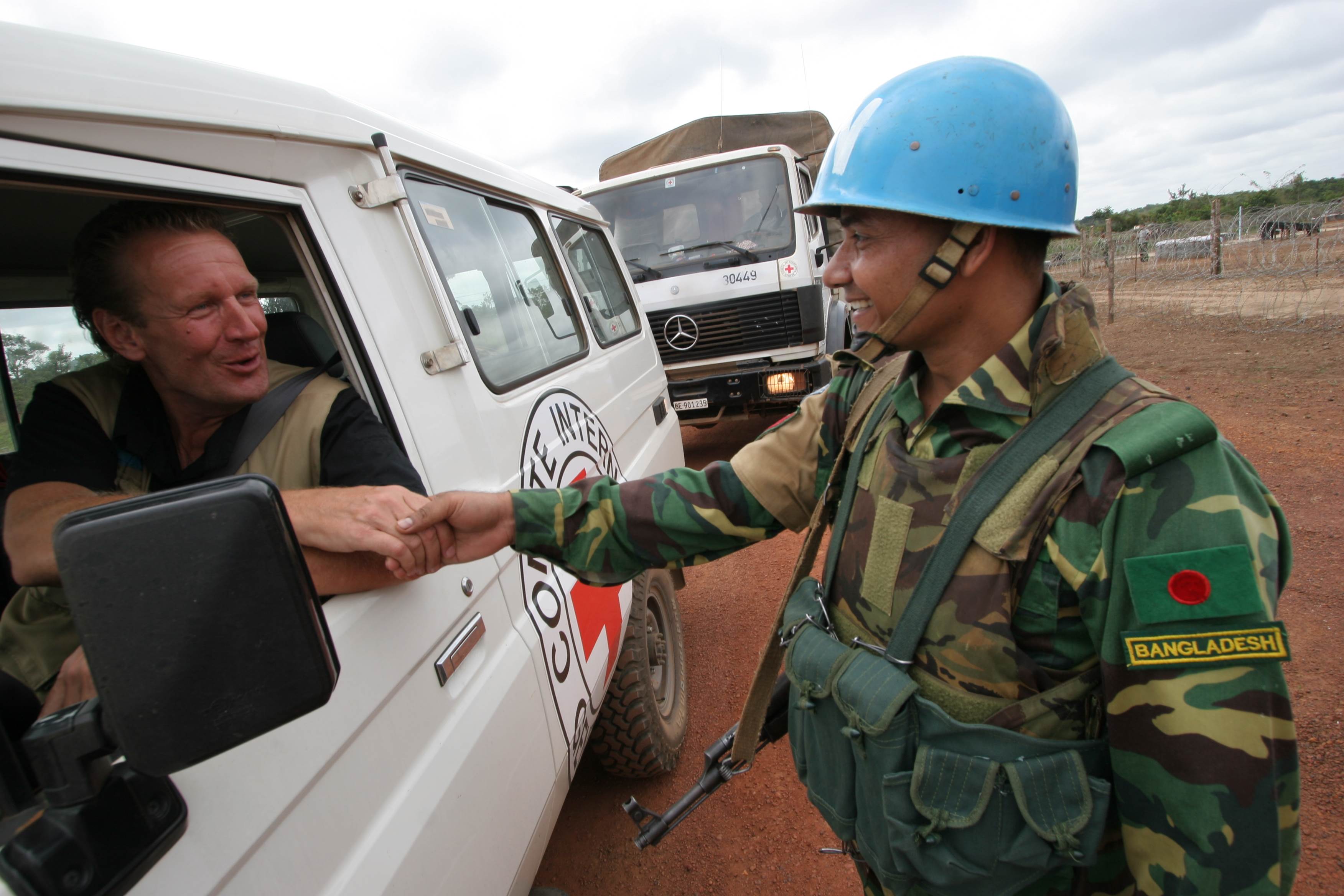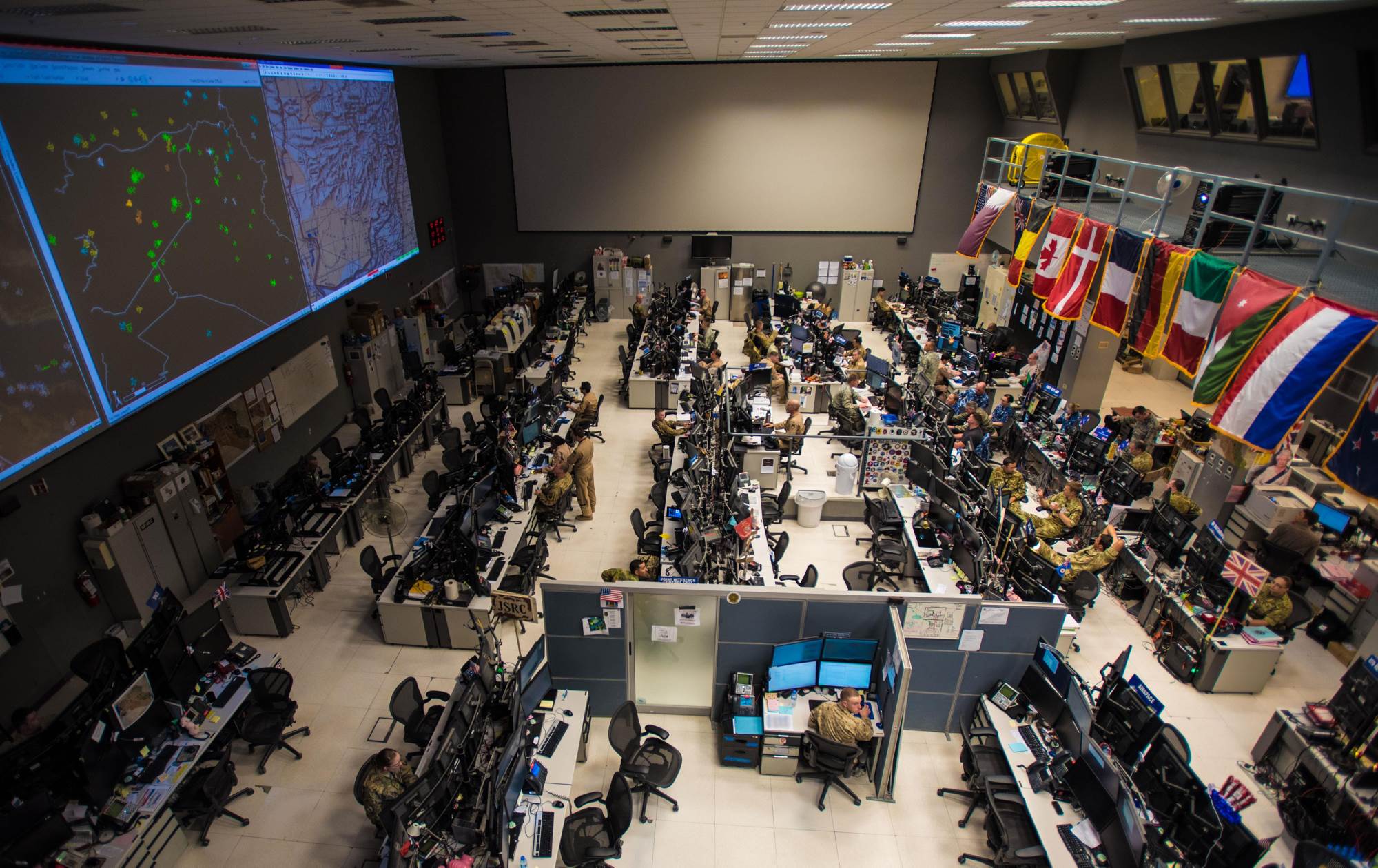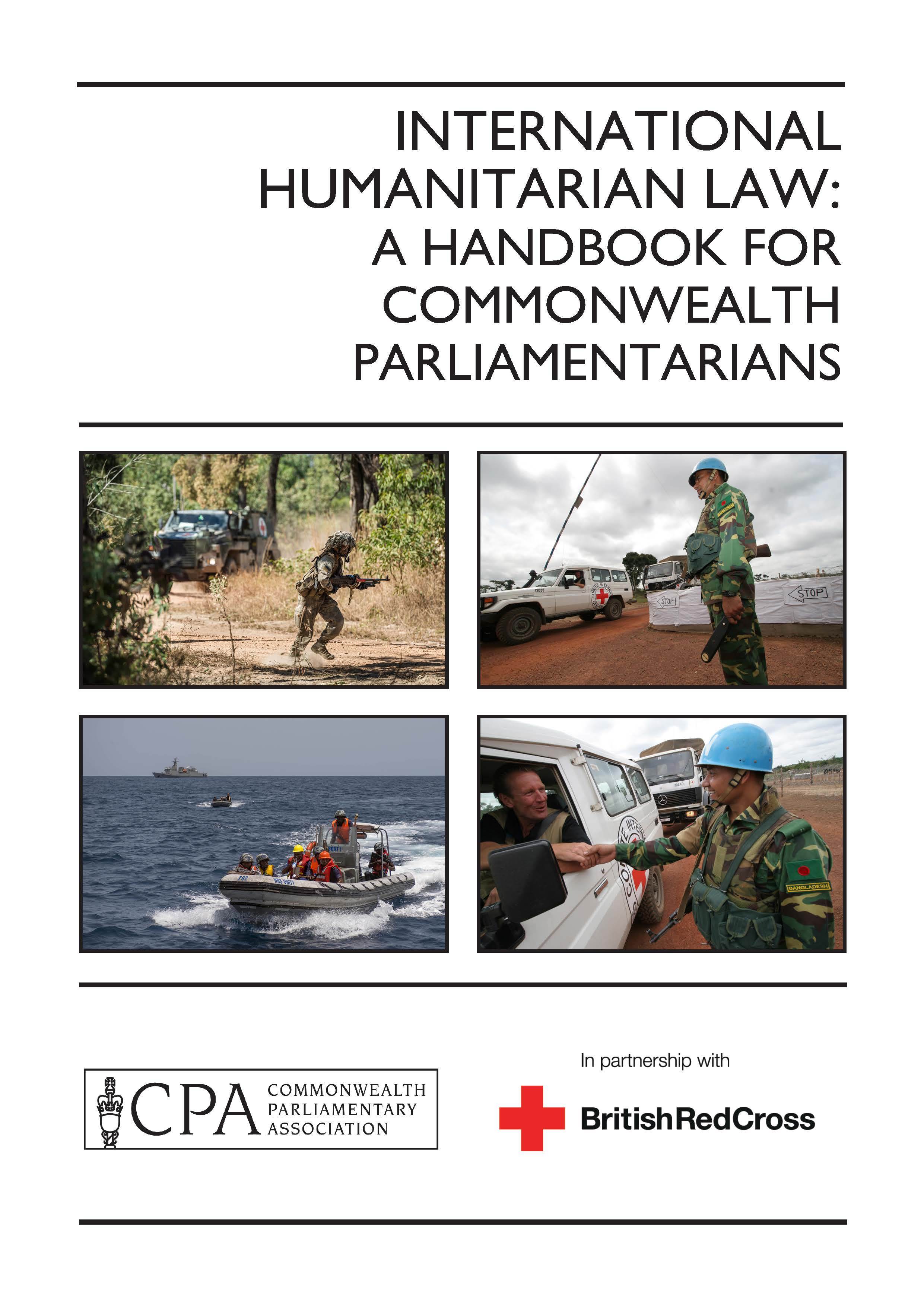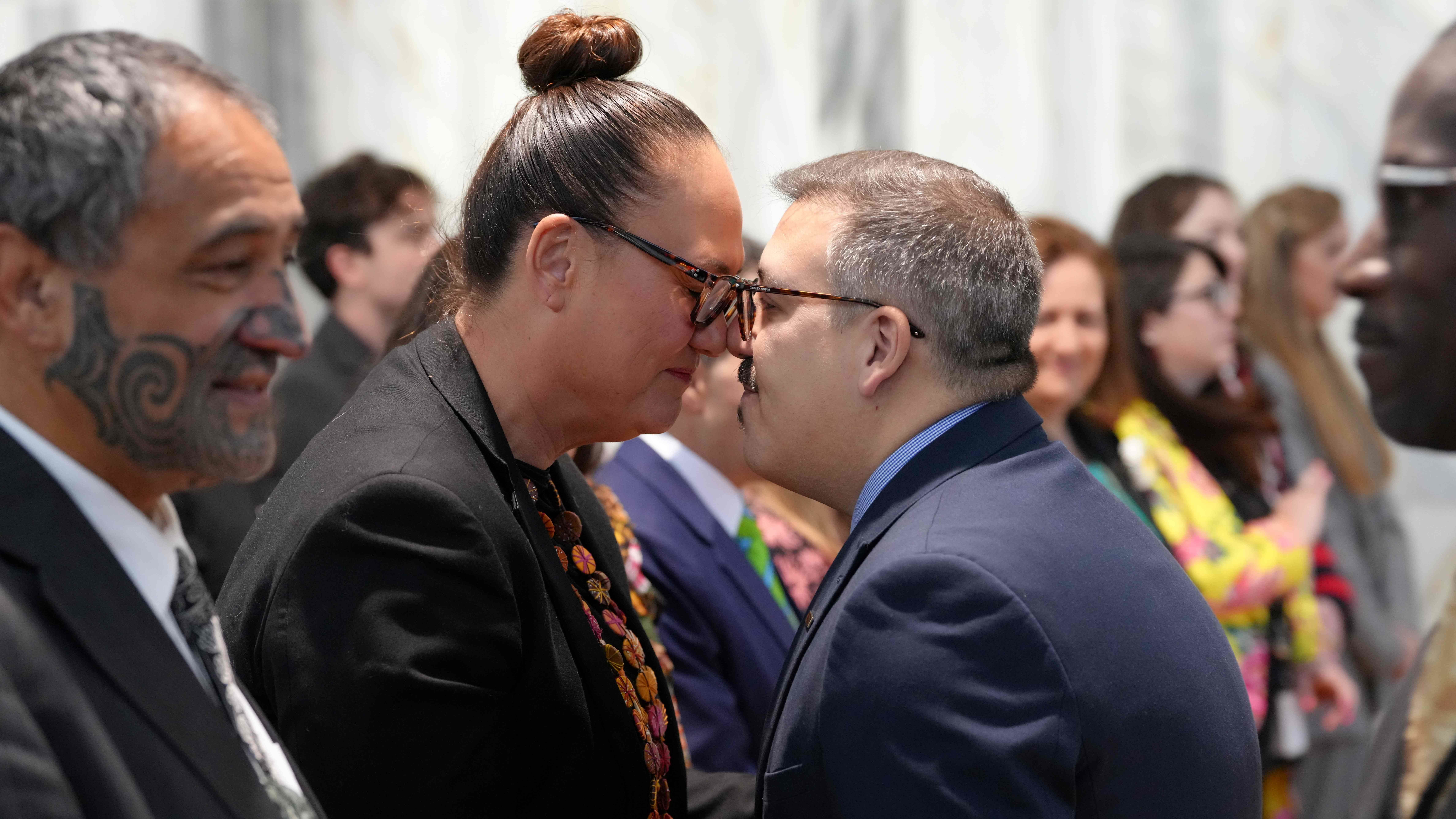
CPA launches updated handbook on International Humanitarian Law for Commonwealth Parliamentarians
Ahead of the UN International Day of Multilateralism and Diplomacy for Peace, the Commonwealth Parliamentary Association (CPA) has launched an updated resource, the Handbook on International Humanitarian Law for Commonwealth Parliamentarians. The timely update to the handbook comes as there is a global focus on international humanitarian law (IHL).
In modern armed conflicts, IHL is invoked by a number of different actors, including politicians, UN organs, NGOs, domestic and international media outlets, and of course, the combatants themselves.
In today’s media environment, it can be difficult to find resources related to the rules of war that offer a comprehensive, understandable and objective assessment of where the law stands. This handbook complements the CPA’s parliamentary strengthening work with Parliamentarians and parliamentary staff across the Commonwealth.
The CPA promotes respect for the rule of law and individual rights and freedoms, and by the pursuit of the positive ideals of parliamentary democracy enshrined in the Commonwealth Charter.
The CPA Secretary-General, Stephen Twigg said:
“Parliamentarians play a significant role in working with the Executive and others to promote International Humanitarian Law and to ensure its effective implementation. This handbook, from the Commonwealth Parliamentary Association in partnership with the British Red Cross, has been specifically designed to help achieve this goal, taking into account the specific legal traditions and practices, and values of Commonwealth countries.”
Related Resources
The history of IHL is intertwined with the history of the International Red Cross and Red Crescent Movement. It is a statutory responsibility of all National Red Cross and National Red Crescent Societies – as neutral humanitarian auxiliaries to their respective governments – to help disseminate knowledge of IHL and to ensure respect for its provisions.
Since its establishment in 1870, the British Red Cross has worked in this capacity to support the British Government in matters related to IHL. Additionally, the British Red Cross works in partnership with other organisations, such as the CPA and the Commonwealth Secretariat, to promote IHL in other fora.
Michael Meyer, OBE, Head of International Law at the British Red Cross said:
“All Commonwealth countries are parties to the four Geneva Conventions for the Protection of War Victims. The Geneva Conventions are the cornerstone of international humanitarian law (IHL), that is, the international law governing warfare. They can only fulfil their purpose of protecting certain persons and objects during armed conflict and of regulating the conduct of hostilities if they are implemented effectively.
The British Red Cross is delighted to have worked with the Commonwealth Parliamentary Association in producing the handbook on IHL and launching this updated edition. We hope that it will be useful as a practical guide to Parliamentarians and parliamentary staff. The Geneva Conventions Anniversary is an opportune moment for all States, including those in the Commonwealth, to reaffirm their commitment to IHL and to work towards its full implementation. The handbook provides a solid and up-to-date basis to engage in such efforts together.”
The handbook was authored by Professor Sarah Williams from the UNSW Sydney (University of New South Wales, Australia) in consultation with CPA partners. The handbook was first published in September 2019 and has been updated in March 2022.
-ENDS-
The International Day of Multilateralism and Diplomacy for Peace was established on 12 December 2018 through the United Nations resolution A/RES/73/127 and takes place on 24 April each year. As emphasised in the resolution, the International Day is a reaffirmation of the UN Charter and its principles of resolving disputes among countries through peaceful means. It acknowledges the use of multilateral decision-making and diplomacy in achieving peaceful resolutions to conflicts among nations.
The Commonwealth Parliamentary Association connects, develops, promotes and supports Parliamentarians and their staff to identify benchmarks of good governance and the implementation of the enduring values of the Commonwealth. The CPA is an international community of around 180 Commonwealth Parliaments and Legislatures working together to deepen the Commonwealth’s commitment to the highest standards of democratic governance.
For media enquiries, please contact communications@cpahq.org.

CPA Blog: An Appreciation of International Humanitarian Law
Looking ahead to the UN's International Day of Multilateralism and Diplomacy for Peace, this blog post introduces the updated International Humanitarian Law handbook and the vital role IHL plays in the minimising of human suffering.




